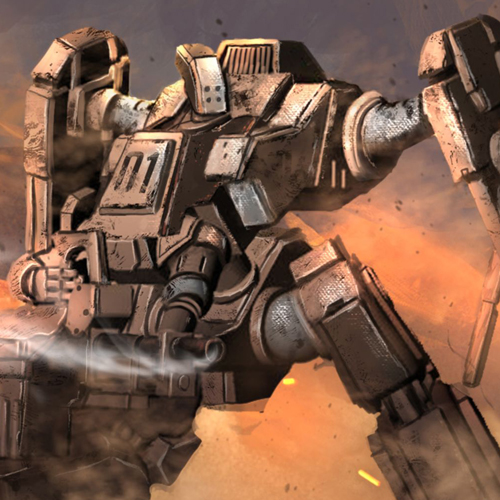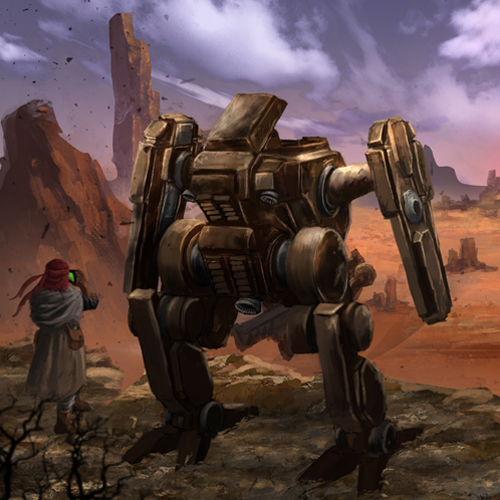Usari City States
Overview
The Usari are a proud, ancient-descended people living on a desolate, mineral-rich desert world orbiting a star in the Muphrid system. Born of Middle Eastern colonial enterprises during the Second Expansion, Usari was once a place of promise—a world of great trade, culture, and resources. But centuries of infighting, betrayal, and spiritual conflict have left the world fragmented, war-torn, and politically unstable.
Rather than a singular state, Usari exists as a loose collection of semi-autonomous city-states, alliances, tribal confederacies, and ideological enclaves—collectively referred to as the Usarite Leagues. These factions are united only by geography and blood. For centuries, they have fought over water, resources, faith, and identity.

Geography and Setting
The world of Usari is harsh—a planet of endless dunes, jagged black rock, and sunbaked ruins. Rain is a rarity, and fresh water is hoarded behind walls or pumped from subterranean reservoirs. The land is rich in rare minerals, making it a target for foreign exploitation, especially during its earlier colonial period.
Most of the population is concentrated in and around the Seven Great Cities, sprawling fortified urban centers built near the largest oases and aquifers.
Faith, Prophecy, and the Al-Nuriyyin
One of the most divisive elements in Usari is the legacy of a long-deceased prophet known as Al-Nuri—"The Enlightened." Once seen as a visionary who preached unity through spiritual renewal and shared sacrifice, his death (either by age or assassination) fractured his movement into opposing interpretations.
The most extreme of these are the Al-Nuriyyin, a radical sect that treats Al-Nuri’s teachings as divine commandment. Willing to martyr themselves in his name, they have burned cities, toppled tribal elders, and declared holy war on rival factions. While they claim only a small percentage of the population, their fanaticism and terror tactics have disrupted every attempt at peace.
Most Usari reject Al-Nuriyyin extremism, but the prophet’s shadow looms large. His name is invoked in diplomacy, war, and rebellion. His words divide the nation as much as they once promised to heal it.
Haidar and the Struggle for Unity
In the current era, a charismatic desert warlord named Haidar has emerged from the sands—once a tribal leader, now a visionary with the rare ability to forge alliances among the cities. Having grown up during the continued occupation, Haidar saw firsthand the price of division.
He seeks to unite the Usarite Leagues—not under conquest, but shared survival. However, even Haidar’s growing coalition cannot sway the Al-Nuriyyin, who see him as a heretic and obstacle to divine will.
His rise represents the greatest hope Usari has seen in a century. It may also be the spark that ignites an even greater civil war.
Foreign Interference and the Republic of United Peoples (Federated Blok)
Years ago, the Republic of United Peoples (RUP)—the precursor to what is now known as the Federated Blok—occupied large swaths of Usari. Exploiting the planet’s internal divisions and vast resource wealth, the RUP moved in under the guise of stabilization. Though their occupation was relatively brief compared to other colonial regimes, its impact was deep and enduring.
Haidar was a child during the RUP’s incursion. The memory of foreign soldiers patrolling Usari soil left an indelible mark on him, and many of the warbands that now follow his banner were forged in the fires of resistance.
Though the Blok has since reduced its official presence, it did not withdraw cleanly. Several RUP military units remained behind, choosing to ignore repatriation orders. These remnants established their own power bases, hoarding weapons and resources. Today, they operate as warlords, controlling contested zones and undermining efforts toward Usari’s unification. Their continued presence remains a source of instability—and a symbol of a wound that has yet to heal.
Warfare and Technology
Usari’s military forces are as diverse as its politics. There is no unified army—only the warbands, militias, and urban defense groups of each city or faction.
-
CAMs are rare but prized. Many are scavenged, retrofitted, or modified with desert-specific systems.
-
Infantry forms the backbone of most forces, often fighting in close-knit, mobile groups trained for hit-and-run desert warfare.
-
Heavy artillery and anti-armor weapons are common due to inter-city conflicts and mech warfare.
-
Improvised and industrial machinery are frequently repurposed into war vehicles or armored transports.
The Al-Nuriyyin operate irregularly, often deploying suicide squads, civilian mobs, and martyr units. Their fanaticism makes them both unpredictable and deeply feared.

What the Usari Want
That depends on who you ask.
-
Haidar wants a united Usari, free from foreign influence, bound together in strength and shared destiny.
-
The city-lords want autonomy, power, and survival.
-
The Al-Nuriyyin want purification—by fire, if necessary.
-
The people want peace, water, and an end to the endless cycle of civil strife.
There is no one Usari voice. There are a thousand, shouting across wind-swept ruins, echoing through the chambers of cracked mosques and sun-blasted fortresses.
But if someone could bring those voices together...
the desert might roar louder than any empire.
